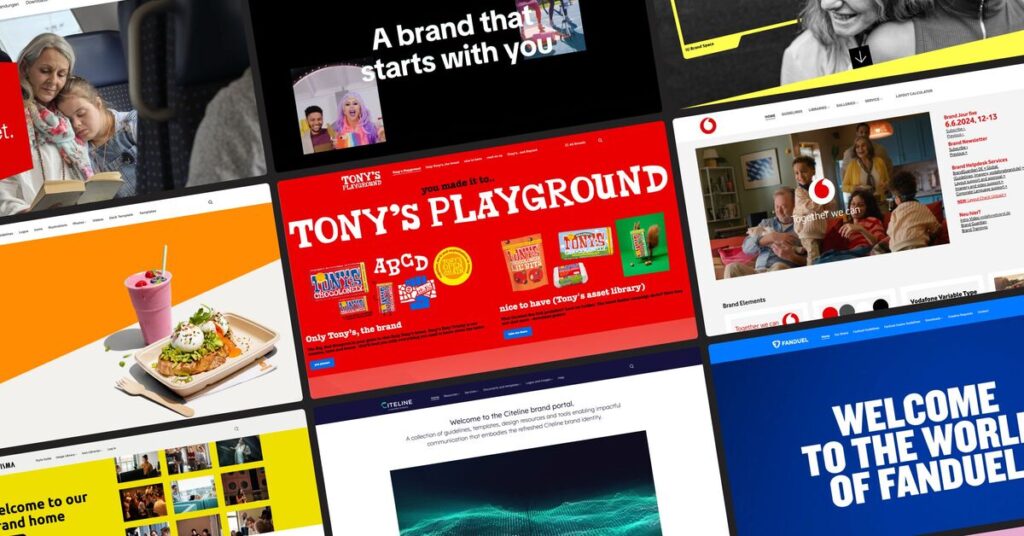Capitalism by definition is about chasing profits but if companies do not embrace change in their brand messaging according to prevailing circumstances and conditions, then there is a good chance of it backfiring big time. This brings us to the notion of compassionate marketing – an alternate way of doing marketing where the messaging is suited to the present context (COVID-19) with less emphasis on selling and more focus on sending out an empathetic message to establish an emotional connection with the target audience.
When your customers are going through high emotional and financial stress levels, it is better to stay clear of aggressive marketing tactics. Instead, the compassionate approach to messaging will allow the brand to play a critical role in uplifting the spirits in these challenging times. And people tend to remember such moments when an earnest message brought in the much-needed mental boost. In the long-term people will begin to trust your brand and it would be treated as caring member of the community.
Now that you have understood compassionate marketing per se, let’s focus on how a brand can embrace this type of marketing and transform to become an active, responsible, and sensitive member of society that prioritizes the well-being of its fellow citizens. Here we go:
- Think Safety First: In the midst of a pandemic, the customer has to be assured & taken into confidence about the safety of the product. By adhering to the safety aspect, you are watching out for people’s wellbeing and showcasing that the brand truly does value its customers without compromising on safety to make a quick buck. Educating your customers can help in keeping both the customers and employees out of harm’s way. If you have an omnichannel strategy, it is best to emphasize shopping online rather than going to a physical store.
Besides, if you are active on social media, it is best to show empathy with what people are currently experiencing. For instance, recently Nike started with the social media campaign where they encouraged fitness enthusiasts to remain indoors and forego outdoor options. Brands can also incentivize customer behavior through special discounts or promotions for those who shop online, they could even offer free shipping. If you only have an offline presence, then you can offer special discounts to shoppers who utilize the store during low-traffic times.
- Nudge for Responsible Spending: As a brand, you would be required to ditch tactics that encourage impulse spending like in-store flash sales or utilize the FOMO effect. These have to be replaced with deals that run for a long time without creating a scarcity mindset in people. The crux here is to avoid offers that would encourage shoppers from spending more than they require currently. This is especially true for offers like “Buy 2, get 1 free” or “10% off on your next purchase.”

Brands need to show customers that want to lower their costs by showcasing an assortment of products with labels like “Below $10” or “Under $100” or other specials that stimulate demand responsibly. In certain cases, where the brand was unable to offer free shipping to everyone, they reduced the minimum purchase amount to benefit more people. Another way brand helped customers was through deferring payments to acknowledge the current state of the economy. For instance, Hyundai used social media to waive payments on select cars for 90 days.
- Less Transactional More Relationship-oriented: With competitors just a click away, customer experience becomes a core differentiator for each brand. Compassionate marketing places more emphasis on trust over transactions. The focus here is on providing great service before and after a purchase. It is a great way to show the customer that you care and you are the brand they can place their trust in.
Offering effective and courteous customer service will make you a stand-out brand in no time. Showtime and again that you value their time and concerns and are accessible to them over multiple communication channels: chat, email, phone, social media, and even in-store. Besides this, showcase your efforts being done for social good. Use the power of social media to broadcast loud and clear about causes that you believe in. This approach is the best way to build relationships that will stand the test of time to create a loyal following.
Conclusion:
This write-up may be compassionate marketing in a nutshell but there is more to it than meets the eye. Because in the long-term brands will begin to understand that it does make economic sense. Gone are the days when brand loyalty was something carved in stone, customers switch brands in the blink of an eye. In such circumstances, when loyalty is hard to come by and there is a pandemic causing havoc in people’s lives, it is prudent that the brand tones down its messaging to suit the prevailing conditions. People will remember the brand for its shift in positioning to a compassionate narrative for a long time to come. Ultimately, as the saying goes – “what goes around comes around.”
Image source: Unsplash



